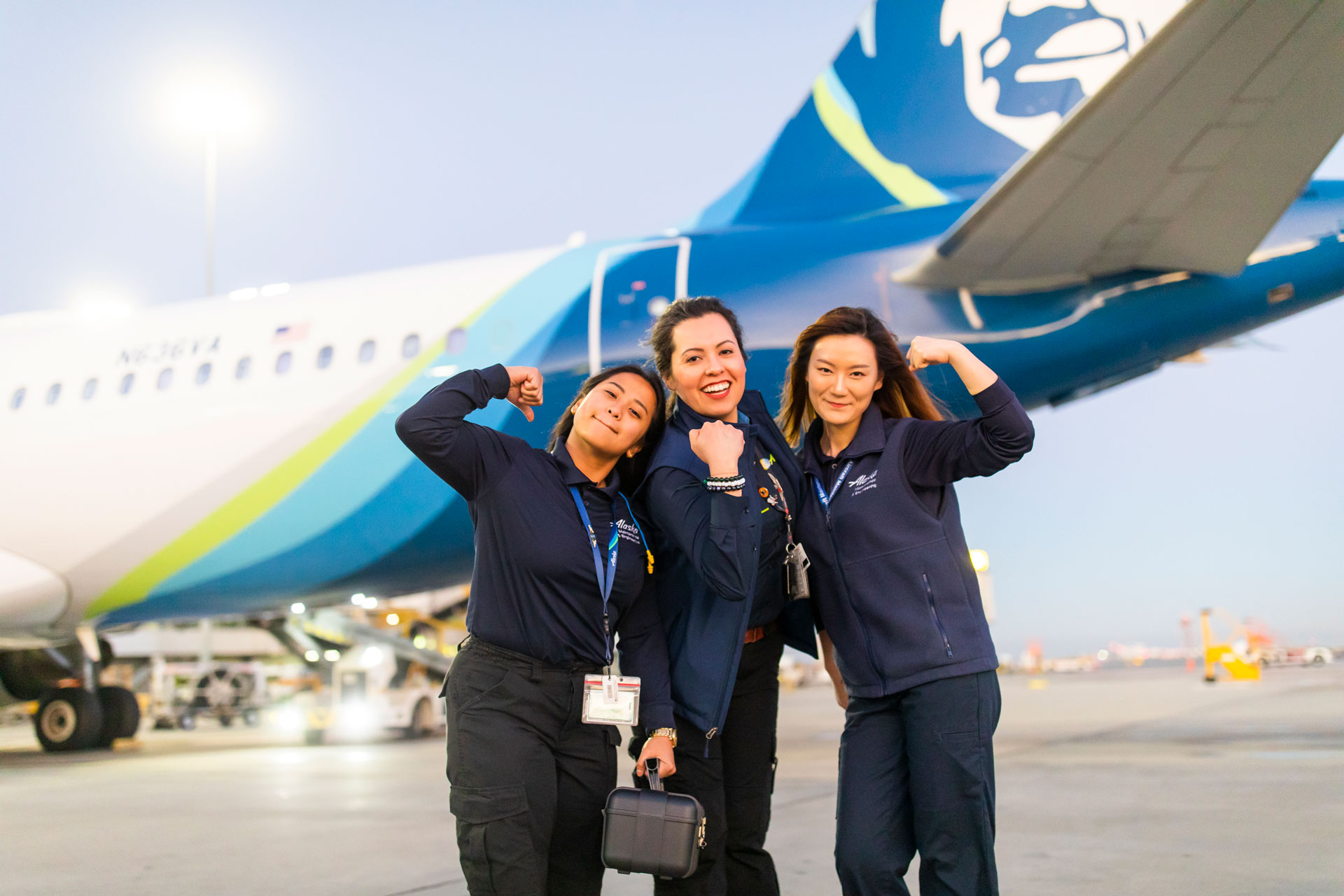
Airline employee relations play a crucial role in the smooth operation of any airline. Ever wondered what goes on behind the scenes to keep the skies friendly? From pilots to ground staff, each team member contributes to the overall experience. Good communication and mutual respect are key ingredients in maintaining harmony among employees. Training programs and regular feedback sessions help in addressing concerns and improving performance. Employee benefits and job satisfaction also significantly impact morale. Understanding these dynamics can give you a new appreciation for the hard work and dedication that keep flights running smoothly. Ready to learn more? Let's dive into 19 intriguing facts about airline employee relations!
Key Takeaways:
- Airline employee relations are complex and vital for safe operations. Pilots, flight attendants, and ground crew work together to ensure smooth flights and passenger safety.
- Technology has revolutionized how airline employees communicate and perform their duties. From advanced communication tools to virtual training, technology plays a crucial role in improving employee relationships and efficiency.
Understanding Airline Employee Relations
Airline employee relations are complex and multifaceted. From pilots to ground crew, each role plays a crucial part in ensuring smooth operations. Here are some fascinating facts about the dynamics within the airline industry.
-
Pilots and Co-Pilots: Pilots and co-pilots must work in tandem, often developing a strong professional bond. Their coordination is vital for flight safety.
-
Flight Attendants: Flight attendants are trained to handle emergencies, provide customer service, and ensure passenger safety. Their role is more challenging than it appears.
-
Ground Crew: Ground crew members are responsible for aircraft maintenance, baggage handling, and ensuring timely departures. Their work often goes unnoticed but is essential.
-
Union Representation: Many airline employees are part of unions that negotiate wages, benefits, and working conditions. This collective bargaining helps protect workers' rights.
-
Training Programs: Airlines invest heavily in training programs for their staff. Continuous education ensures employees are up-to-date with the latest safety protocols and customer service techniques.
The Role of Technology in Employee Relations
Technology has transformed how airline employees communicate and perform their duties. Here are some ways technology impacts their relationships.
-
Communication Tools: Airlines use advanced communication tools to keep staff connected. This includes everything from scheduling apps to instant messaging platforms.
-
Flight Management Systems: These systems help pilots and ground crew coordinate more effectively, reducing delays and improving efficiency.
-
Customer Feedback: Technology allows airlines to gather real-time feedback from passengers, which can be used to improve employee performance and customer satisfaction.
-
Virtual Training: Virtual reality and simulation training programs provide realistic scenarios for employees to practice their skills.
Challenges Faced by Airline Employees
Working in the airline industry comes with its own set of challenges. Here are some of the most common issues faced by airline employees.
-
Irregular Hours: Many airline employees work irregular hours, including nights, weekends, and holidays. This can make maintaining a work-life balance difficult.
-
High Stress: The high-stakes nature of the job, especially for pilots and flight attendants, can lead to significant stress.
-
Health Risks: Frequent flying can expose employees to health risks such as deep vein thrombosis and increased radiation exposure.
-
Job Security: Economic downturns and industry changes can impact job security, leading to layoffs and reduced hours.
Benefits and Perks for Airline Employees
Despite the challenges, working for an airline comes with several benefits and perks. Here are some of the advantages enjoyed by airline employees.
-
Travel Benefits: One of the most well-known perks is the ability to travel at reduced rates or even for free.
-
Health Insurance: Many airlines offer comprehensive health insurance packages to their employees.
-
Retirement Plans: Airlines often provide robust retirement plans, helping employees save for the future.
-
Training and Development: Continuous training opportunities help employees advance their careers and stay competitive in the industry.
The Importance of Teamwork
Teamwork is crucial in the airline industry. Employees must work together seamlessly to ensure safe and efficient operations.
Final Thoughts on Airline Employee Relations
Airline employee relations are crucial for smooth operations and passenger satisfaction. Happy employees lead to better service, fewer delays, and a more pleasant travel experience. Airlines that invest in their staff see higher morale, lower turnover, and improved efficiency. Training, fair wages, and good communication are key factors. When employees feel valued, they’re more likely to go the extra mile. This benefits not just the airline but also the passengers. Remember, the next time you fly, the smiling faces and helpful attitudes are often a result of good employee relations. So, next time you board a plane, think about the teamwork behind the scenes. It’s not just about getting from point A to point B; it’s about the people making it happen. Happy travels!
Frequently Asked Questions
Was this page helpful?
Our commitment to delivering trustworthy and engaging content is at the heart of what we do. Each fact on our site is contributed by real users like you, bringing a wealth of diverse insights and information. To ensure the highest standards of accuracy and reliability, our dedicated editors meticulously review each submission. This process guarantees that the facts we share are not only fascinating but also credible. Trust in our commitment to quality and authenticity as you explore and learn with us.


